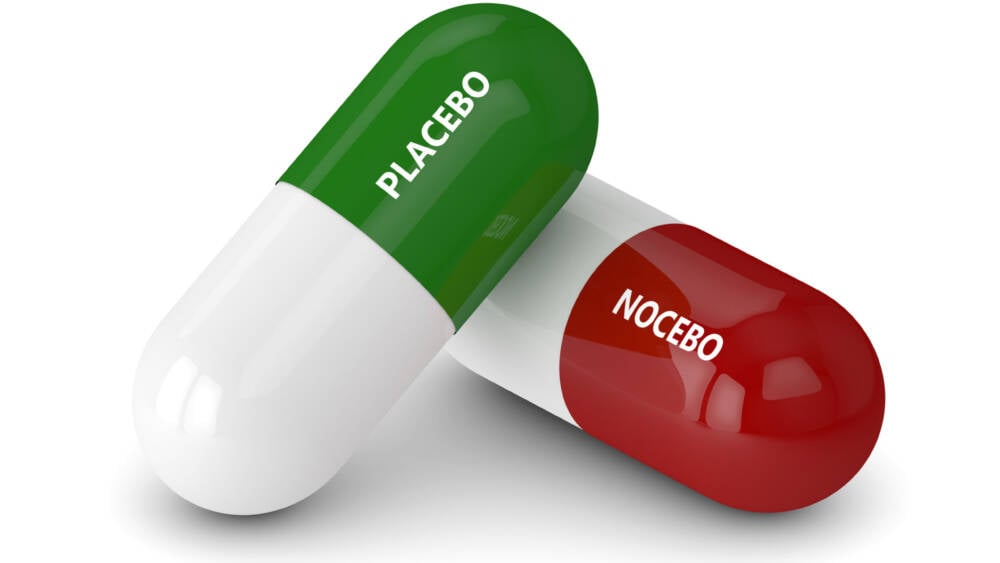What is the placebo effect?
What is a placebo?
A placebo is a substance or treatment that has no therapeutic effect. It is often used in medical research as a control to compare with the effects of a real drug or treatment. In a clinical trial, some participants may receive the active treatment (the drug being tested), while others receive a placebo. The use of placebos helps researchers determine the true effects of a treatment by comparing the outcomes in the group receiving the active treatment with those receiving the placebo.
Placebos are designed to be indistinguishable from the active treatment so that participants do not know whether they are receiving the real treatment or the placebo. This helps prevent bias in the results of the study, as participants’ expectations and beliefs about the treatment can influence their outcomes.
Placebos are not used in routine medical practice for treating patients, as they do not have any direct therapeutic effect. However, the placebo effect, which refers to the phenomenon where patients experience an improvement in their condition after receiving a placebo, is a well-documented and intriguing aspect of medical treatment. The placebo effect is thought to be influenced by factors such as the patient’s expectations, beliefs, and the context in which the treatment is administered.
How does the placebo effect work?
The placebo effect is a phenomenon in which a person experiences a beneficial effect after receiving a treatment that has no therapeutic effect on its own. The placebo effect is believed to be driven by the person’s belief or expectation that the treatment will work, rather than any actual physiological effect of the treatment itself.
Several factors contribute to the placebo effect, including:
- Expectations: When a person expects a treatment to be effective, their brain may release neurotransmitters such as endorphins or dopamine, which can help relieve symptoms or improve health.
- Conditioning: If a person has experienced positive effects from a treatment in the past, they may be more likely to experience a placebo effect with the same or similar treatment in the future.
- Psychological factors: The act of receiving care and attention from a healthcare provider, as well as the belief that they are receiving a treatment, can have a positive impact on a person’s well-being.
- Natural course of illness: Some conditions improve on their own over time, regardless of whether a person receives treatment. In these cases, the placebo effect may be attributed to the natural course of the illness rather than the treatment itself.
The placebo effect is a complex phenomenon that is not fully understood, but it plays a significant role in clinical trials and healthcare. Researchers use placebos in clinical trials to compare the effects of a new treatment against a placebo to determine the true effectiveness of the treatment.
You can be sure your health care provider has not given you a placebo, as it is unprofessional.




